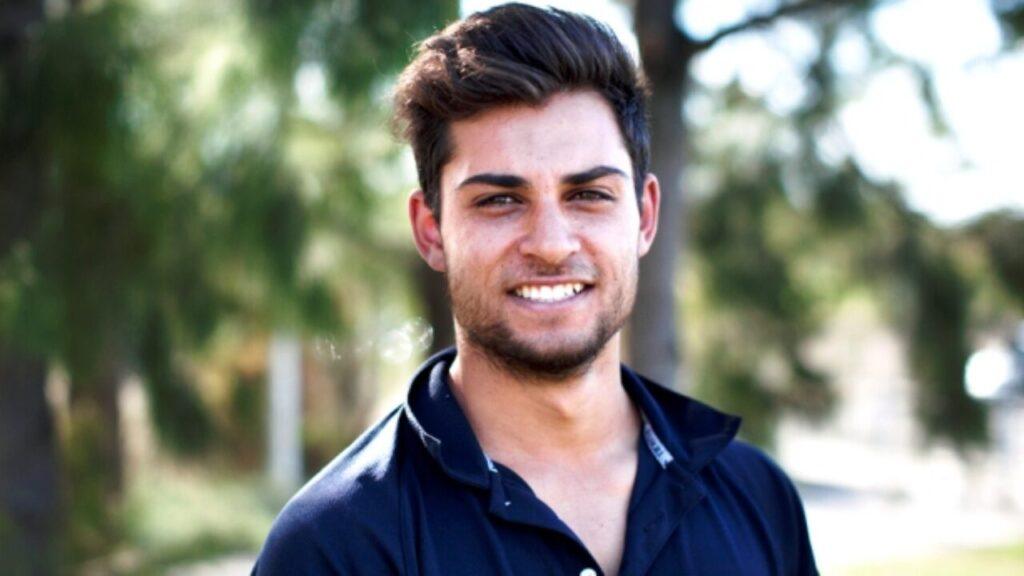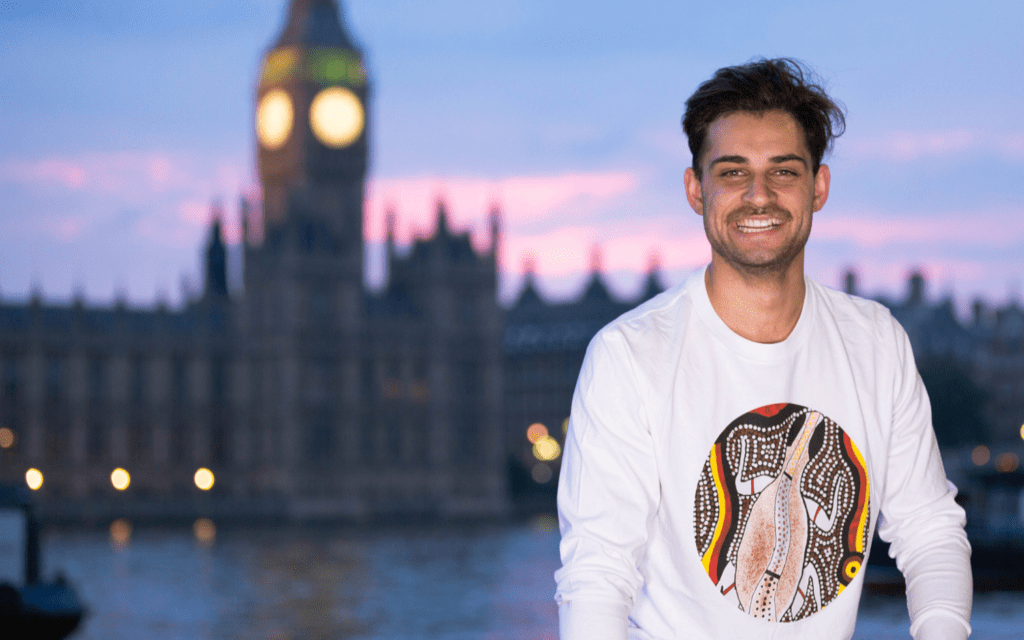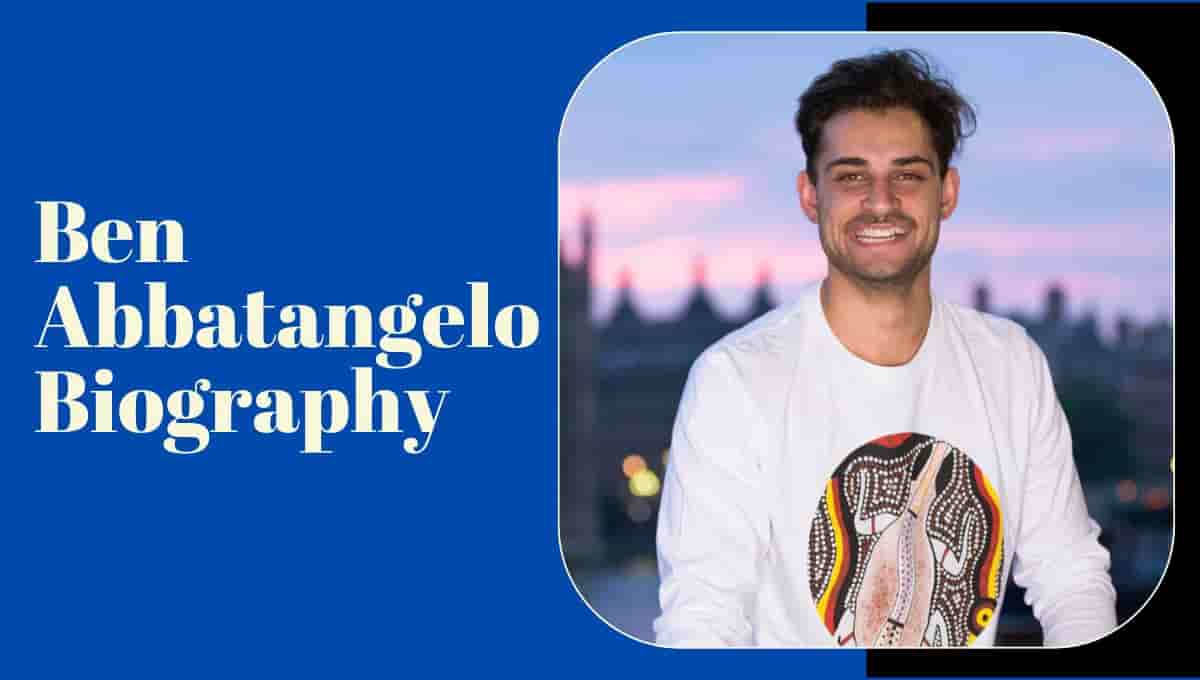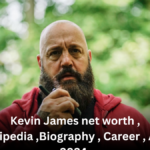Ben Abbatangelo Wikipedia, Partner, Parents, Wife, Age, Twitter
Ben Abbatangelo Wikipedia, Partner, Parents, Wife, Age, Twitter – In a recent panel discussion at the Garma Festival in the Northern Territory, Indigenous journalist Ben Abbatangelo shared his perspective on the upcoming Indigenous Voice to Parliament referendum. He emphasized that if the referendum were to fail, it should serve as a catalyst for greater change within the Indigenous community.

The Indigenous Voice to Parliament Referendum
The central focus of the panel discussion was the impending Indigenous Voice to Parliament referendum, a crucial issue for Indigenous Australians. This referendum aims to establish a mechanism that allows Indigenous people to have a say in the decisions that affect their lives.
Ben Abbatangelo Perspective
Ben Abbatangelo, a Gunaikurnai and Wotjobaluk writer, expressed his view that simply recognizing Indigenous people as distinct entities was not enough. He stated, “Recognizing us as peoples, for me, is nothing.” This sentiment underscores a desire for more meaningful change and empowerment.
Moving Beyond an Advisory Body
When an audience member raised the question of whether an advisory body similar to the former Aboriginal and Torres Strait Islander Commission (ATSIC) could be established if the Voice referendum failed, Abbatangelo offered a different perspective. He argued that creating another advisory body would not address the fundamental issues faced by Indigenous Australians.
“I think (we should) not lessen ourselves for an advisory body but pursue something that gives us our rights – that is self-government, self-determination, and something that will be able to sustain us and ensure that we have institutions that will be able to ensure our knowledge, identity, and actions,” Abbatangelo asserted.
The Importance of Self-Government and Self-Determination
Abbatangelo’s perspective emphasizes the importance of self-government and self-determination for Indigenous communities. These concepts go beyond mere recognition and strive to empower Indigenous people to shape their own destinies, control their resources, and make decisions that impact their lives.
A No Vote as a Beginning, Not an End
Abbatangelo made it clear that a “No” vote in the referendum would not signify the end of the road. Instead, he called for Indigenous people to embrace an era of reckoning and move away from the concept of recognition. He advocated for a rights-based agenda that would address the core issues faced by Indigenous communities.

He stated, “There’s a lot of doom about the No (case) to this, but I think there’s also a lot of power in stepping away, and I think the No leaves a clean canvas.”
Other Panelists Views
Joining Ben Abbatangelo on the panel were Malarndirri McCarthy, Marcia Langton, Merrki Ganambarr-Stubbs, and Taylah Gray. Professor Marcia Langton, a co-author of the Voice proposal, shared Abbatangelo’s sentiment that an advisory body alone would not suffice. She urged a “Yes” vote in the referendum and highlighted the misunderstanding surrounding the concept of a treaty. According to her, “‘Voice, treaty, truth’ doesn’t just refer to what people imagine treaties to be but also to the entire agreement-making process.”
Senator Malarndirri McCarthy, the assistant minister for Indigenous Australians, was asked why Prime Minister Anthony Albanese did not announce a date for the referendum at Garma. She clarified that the Prime Minister had always intended to “make the decision between October and December.” Senator McCarthy stressed the importance of reaching all First Nations people across the country and acknowledged that some might find it challenging to get to the polls during the approaching wet season.
Conclusion
The Indigenous Voice to Parliament referendum is a significant step in recognizing and addressing the needs and aspirations of Indigenous Australians. While the debate continues, it’s clear that for many, the referendum represents more than just recognition; it’s about self-governance, self-determination, and pursuing rights that empower Indigenous communities to shape their own futures. Ben Abbatangelo’s call for a rights-based agenda in the event of a “No” vote highlights the determination of Indigenous Australians to achieve meaningful change. Regardless of the outcome, the discussion and advocacy surrounding the Indigenous Voice to Parliament are essential steps toward a more inclusive and equitable future for all Australians.

Why did Ben Abbatangelo suggest not creating another advisory body if the referendum fails?
Abbatangelo argued that creating another advisory body similar to ATSIC would not address the core issues faced by Indigenous Australians. Instead, he urged pursuing self-government, self-determination, and rights that empower Indigenous communities.
How did Ben Abbatangelo view a “No” vote in the referendum?
Abbatangelo saw a “No” vote as an opportunity for Indigenous people to embrace an era of reckoning and move away from the concept of recognition. He advocated for a rights-based agenda to address the fundamental issues faced by Indigenous communities.
What is Professor Marcia Langton’s perspective on the referendum?
Professor Marcia Langton, a co-author of the Voice proposal, shared Abbatangelo’s view that an advisory body alone would not be sufficient. She urged a “Yes” vote in the referendum and clarified that “‘Voice, treaty, truth’” encompasses the entire agreement-making process.
Read More Bio








